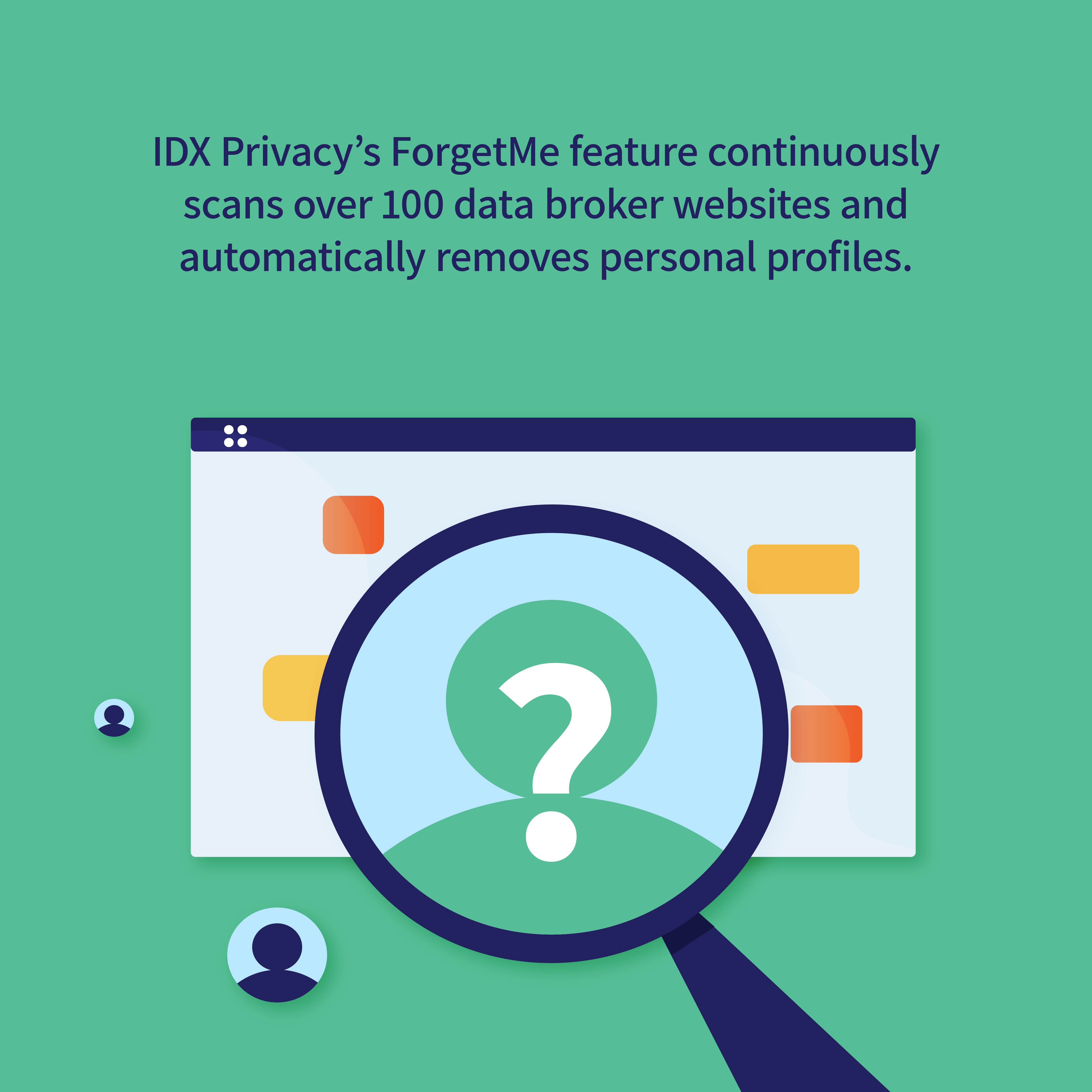How Data Brokers Cash in on Your Privacy (and How to Stop Them)
Summary: Companies around the world are making billions of dollars selling your personal information while putting your privacy at risk. Find out how data brokers gather your information, how they threaten your privacy, and what you can do to stop them.

In 2006, British mathematician Clive Humby observed that “data is the new oil”: in the digital age, information is the world’s most valuable commodity. It’s still true, but one thing has changed: today, you are the commodity. Organizations want your information to help them sell to you, influence you, and develop products for people like you. Your personal data is the new oil, and thousands of companies around the world are selling it every day, without your knowledge and without a thought for your safety. Here’s what’s happening and what you can do about it.
How You’re Tracked and Sold
Just as crude oil bubbles from the ground, personal data bubbles out of everything you do. Tech giants such as Google and Facebook, app makers, your cellular provider, retailers, and others gather data on everything you do. They track what you post, websites you visit, what you buy, shows you watch, music you listen to, who you call, and where you go. They get health information from your apps and location information from your phone. They gather data from the connected devices in your smart home. And it’s all perfectly legal. In fact, you agree to this tracking each time you accept the terms of service for an app, a website, a credit card, or a service.
And just as oil is refined, raw data is collected by companies called data brokers and refined into a profile of you that can be sold. Data brokers buy data from tech companies and telecommunication providers and gather data from public records, credit bureaus, and even some state DMVs. Even data that isn’t identified by your name can be quickly linked back to you with computer analytics. (Check out this TED talk for a sobering example.)
Data Brokers Selling You Out
If all this profiling helps companies create and advertise products you want, is there a problem? In a word, yes.
Data brokering puts you at risk in several ways:
- Once data brokers have your information, you have no control over who sees it. It can be bought by advertisers, prospective landlords or employers, and anyone else willing to spend a few dollars. (Average price is around $20 for a report.)
- A data profile could work against you. For example, what if you did online searches about chronic illness for a friend and then a prospective employer decided against hiring you because they thought you were ill and might miss a lot of work. You would never know the real reason you were turned down.
- Data brokers can have data breaches, so your personal details can fall into criminal hands and can be used to target you for phishing campaigns, identity fraud, or other crimes.
- Data brokers get information wrong all the time. They use automated software to gather information from the web, and those software “bots” don’t know one “John Smith” from another. So, your report could contain damaging information such as criminal activity that came from someone else.
How You Can Stop the Sale
As we said, what data brokers do is legal. But you can take these steps to limit the data that’s collected on you:
- Use privacy settings on your apps, devices, browsers, and social media accounts to turn off tracking.
- Allow use of location services, camera, and microphone only if and when an app needs them to operate.
- Use a “privacy-first” browser and if you’re going online in a public place, be sure to use a VPN.
- Use a tracking blocker like the one included with IDX Privacy to detect and stop trackers from gathering information on your online activities.
The best protection is to make data brokers delete your profile. You can contact them directly to request this, but it’s complicated, there are many data brokers, and when they finally remove your profile, their automated software will often simply build and post a new one. An easier option is to use the ForgetMe feature that’s part of IDX Privacy. ForgetMe continuously scans over 100 data broker websites and automatically removes personal profiles. If a profile is reposted, ForgetMe will immediately find it and remove it again, as many times as it takes. (Without a service like ForgetMe, you would need to go to over 100 data broker websites every month to search for your profile then go through the obscure and confusing process of asking the data broker website to remove your information.)
While it’s not quite true that data is the new oil—oil industry revenue topped $3.3 trillion in 2019, while the data broker industry is valued at a paltry $200 billion—the fact is that these companies are getting rich by putting you at risk. But with a little effort and the right tools, you can protect your privacy, begin to cap their money gushers, and maybe cut down on the number of annoying ads that clog up your mailbox and interrupt you online. Wouldn’t that be satisfying?
About IDX
We're your proven partner in digital privacy protection with our evolving suite of privacy and identity products.